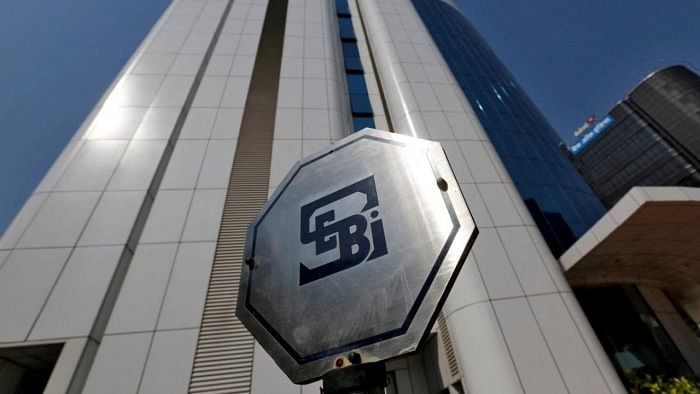
On February 28, the Securities and Exchange Board of India (SEBI) passed yet another order against certain entities alleged to have engaged in front-running. It has barred 21 persons from dealing in securities markets, and has impounded Rs ~30.56 crore as being allegedly illicit gains.
It is an interim order cum show-cause notice. This means that it reflects Sebi’s findings without the parties being given a full opportunity in law to refute the allegations. Treating it as a show-cause notice will give the parties a chance to present their case. The reason interim orders are passed are, in such cases, first, to stop an ongoing activity perceived to be in violation of law. Second, it is to safeguard that monies derived from illegal activities are not diverted. Effectively, though, such interim orders also act as an adverse action since they debar them in the meantime from carrying on regular business activities in securities markets.
Front-running is basically taking advantage of advance knowledge of large trading orders which are very likely to influence the market price. A person having advance knowledge may trade for themselves first, and then, when the large order comes, reverse the trades and pocket profits which are risk-free, investment free, albeit unethical and illegal. Such knowledge is available typically to brokers, dealers, etc. who are involved in the planning or execution of such large transactions on behalf of the investor.
Also Read | Why hasn't Sebi gotten to the bottom of Mauritius funds holding Adani stock, asks Raghuram Rajan
Thanks to digital data of trades available for surveillance, harvesting, and analysis, now it is easier to detect whether front-running has taken place and even pinpoint most of the entities involved. The second part of proving with evidence that the accused are guilty is more difficult, and requires investigative work which orders such as these have displayed. A still thriving parallel economy, and an ever-willing army of ‘mules’ (name lenders) often, however, complicate the process.
Coming to the current case, Sebi conducted extensive search and seizure operations on persons suspected to be engaged in front-running. It seized and examined various electronic gadgets and other records, including extensive correlation of data, including WhatsApp chats, mobile call analysis, and location analysis to find undisclosed mobile numbers, etc. It also took statements of various parties, including the prime accused.
Sebi tied up these evidences to bring out an alleged conspiracy. This was perhaps the first case where a person stationed overseas (in Dubai) was allegedly used to carry out the front-running trades. Sebi concluded that the specified parties were prima facie guilty of front-running, that they required to be barred from trading to stop further mischief, to make these accused persons cough up the gains of Rs ~30.56 crore, and deposit it in an escrow account. Further adverse penal actions may also be taken in the final order after hearing the parties.
This means that there are likely to be more developments in the case. Sebi has also clearly stated that there are several other investigations, and, hence, more orders are possible. That said, there are some broader questions — not just in this case — but for front-running in general. At this stage, Sebi has relied on depositions of accused, other corroborative evidence gathered, and, of course, the actual trades. This is backed by Supreme Court rulings that say that guilt in such cases can be based on ‘preponderance of probabilities’. It will be interesting to see, in the final order(s), including appellate if any, how the cases stand up.
There is also to the prime issue — the victims. These are the investors who end up paying a higher price for share purchases (or get a lower price for sales), and are directly affected. Even if such gains are impounded from these front-runners, how would investors be compensated? Would the mutual fund/its AMC be made to make good the investors’ loss, particularly if laxity is found by Sebi on their part?
Also, how is the system cleaned up? If these cases caught are just representative, then it is like dealing with symptoms, and not the disease. For an industry that has raised billions of rupees from investors, it needs to regain their faith. Sebi is reportedly carrying out extensive forensic audit of mutual funds, and this could throw up weaknesses in systems which could be corrected.
A series of such orders — that hold up till the end — would also set as examples for others to steer clear of such acts. Time will tell how far this is successful, and whether fear of repercussions will overcome the lure of easy profits.
(Jayant Thakur is a chartered accountant.)
Disclaimer: The views expressed above are the author's own. They do not necessarily reflect the views of DH.